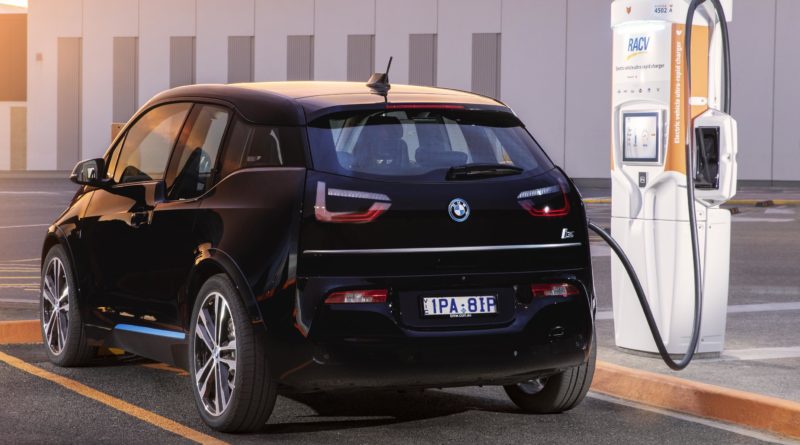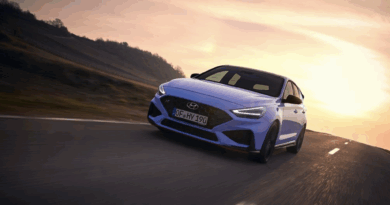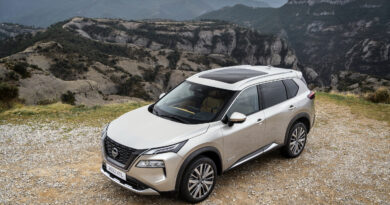EVs set to cop road user charge
Government to hit electric car buyers with user-pays road charging to make up for billions lost in fuel excise.
- Government report released today
- 60 percent of vehicles to be electric by 2046
- Road user charges recommended to make up for $11b fuel excise shortfall
Pay per kilometre road charges appear all but a done deal in Australia.
Governments are so worried about the income they’re set to lose in fuel excise once more people start driving electric vehicles that they are planning to introduce user-pays road charging for electric vehicles.
A long-awaited review of federal-state relations, commissioned by NSW Treasurer Dominic Perrottet and led by former Telstra boss David Thodey, will be released today.
While most of the headlines about the tax-reform report will be grabbed by the fact that it also recommends abolishing stamp duty, buried in the detail are predictions of a mass adoption of EVs.
The report estimates that 60 percent of all new cars sold by 2046 will be electric powered, which would leave the Federal Government facing a projected shortfall of $11.3 billion in fuel excise.
The report recommends the introduction of road charging for people who drive EVs, to help make up the loss of income from taxes on petrol and diesel.
While other governments around the world are offering incentives to people to buy EVs for environmental reasons, politicians in both Victorian and NSW are considering the move to whack buyers of electric vehicles with the new fees.
A road-use charge for EVs is already under serious consideration by Victorian officials, with reports last year that it would be included the State’s budget in May. The coronavirus crisis obviously trumped any such discussions.
The shift to “road-user charging”, which would see EV buyers charged for each kilometre they drive, is likely to be a first step in a transformation of the way motorists are taxed in Australia’s two most populous states.
The mention of the proposal in today’s report shouldn’t come as a complete shock because The Sydney Morning Herald reported last year that NSW Treasury was discussing changes with the car industry. Sources quoted by the SMH said there had been “a lot of conversations” and that the tax was “on the radar”.
Infrastructure Partnerships Australia has also been keenly promoting the idea of road charging to make up for lost fuel excise, issuing a report last year titled “Road User Charging for Electric Vehicles”, which begins by stating that “Electric vehicles are coming, and that’s a good thing”.
The report moves on to point out that fuel excise is in decline, making road funding “unsustainable”. Moving to charge people who buy EVs to use roads “would provide certainty to potential electric vehicle owners about their future costs, and how the roads they rely on will be paid for.
“Conversely, this reform would not penalise those who wish to continue driving internal combustion engine vehicles. The existing road charging arrangement for petrol and diesel-powered vehicles can and should remain the same. In this way, fuel excise can be allowed to decline over time as more of the fleet becomes electric-powered, but road user charging will remain an ‘opt-in’ decision for motorists, tied to their choice of new vehicle.”




